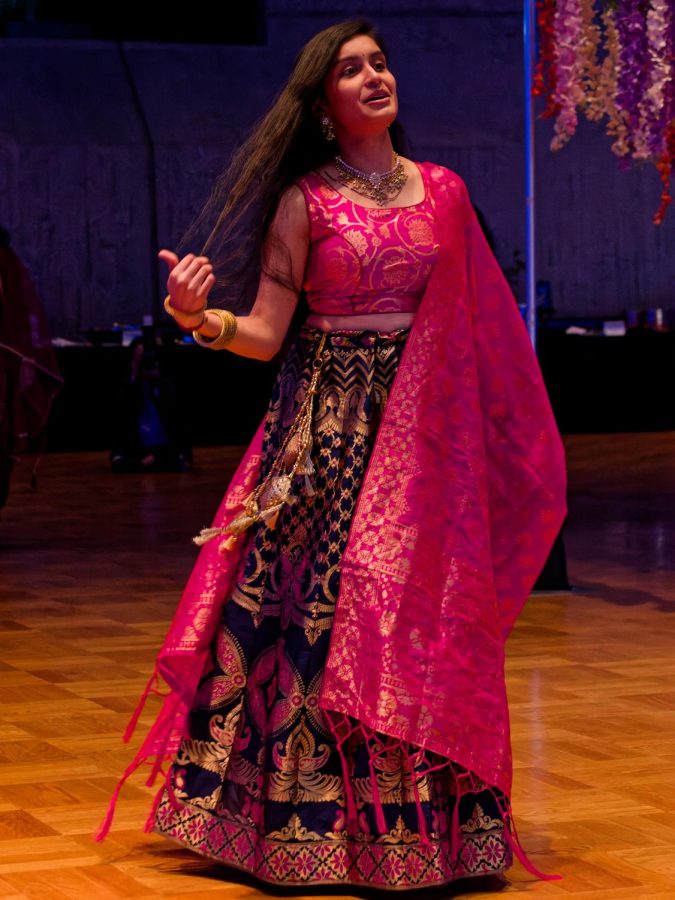
I am a straight, white, middle class, cisgender male.
I am also agnostic, left-handed, brown-eyed, politically moderate, average height, rather skinny, Independent-affiliated, English-speaking, Anglo-Swedish-descended, American college student and a resident of the Commonwealth of Massachusetts.
This list constitutes a description of myself by way of a listing of my attributes in relation to many dimensions of difference commonly used to differentiate people (but not all, as they are innumerable), which, in order of appearance above, are: sexual orientation, race, class, gender, religion, handedness, eye color, political ideology, height, weight, political party affiliation, native language, country of origin, country of birth, educational status and place of residency.
The sentence about me describes me by listing how I fall within these categories. However, the most important thing about the sentence is not what it contains, but rather what it doesn’t.
The sentence does not tell the reader who I am at all. It contains no description of my past, present or future; it bears no mention of my temperament, my personality, my hopes or my dreams. Despite its redundantly exhaustive listing of my characteristics, it provides the reader with absolutely no indication of who I actually am. While the contents of the list very well might be enough to find me via cross-reference on a list of everyone living, reading it tells you nothing but where I fall inside various sociological categories.
These categories are routinely used to separate people into groups and subgroups for easier description and categorization, and largely influence how we view and perceive one another in many areas of life. Yet, as clearly indicated, an exhaustive list of all of an individual’s attributes tells the reader absolutely nothing about who that person really is.
This is what makes them dangerous. In a world of fast-paced, data-driven communication, we use sociological categories as shortcuts for a variety of functions—the government uses them to determine the taxes we pay and the benefits we receive, and people use them to indicate an individual in a crowd. However, their use goes far beyond that of an innocuous social shortcut: people use them to differentiate friend from foe, to mentally split society into two groups: an “us” and a “them.” Just as totalitarian regimes have used them to differentiate desirables from undesirables, political movements use them to separate people into opposing camps, into ally and enemy.
These uses are where social categories cease being useful and become harmful. In modern political discourse, we consistently use them to make sweeping, unfounded generalizations about huge segments of the population. Certain individuals classify all homosexuals as suffering from an immoral, unnatural mental illness. Others denounce rape victims as having been “asking for it” by being promiscuous, and still others, such as the perpetrator of the Isla Vista shooting, direct seething hatred against entire groups of people (in his case, women and his roommates) they perceive to be immoral or conspiring against them.
However, this negative use of social categories to divide society into an “us” and a “them” is not limited solely to hateful causes like those mentioned above. Even members of some of the most popular, positive mainstream movements use them in this way, despite the fact that #EndFathersDay and #WhitesCantBeRaped were started as pranks by users of the website 4Chan, numerous Twitter users actually picked them up and ran with them, justifying hatred of beloved parental figures and the erasure of the experiences of millions of rape victims, all while masquerading as social activists.
This phenomenon, while both confusing and terrifying, is explained by the philosophical idea of “othering”. “Othering” involves mentally dividing society into “sames” and “others”, which ties the thinker to those they perceive to be part of the same group as them while simultaneously setting all others apart. This process, while not necessarily harmful, can be used to dehumanize the “others,” to mentally place one’s own group above reproach and the “others” as subhuman.
As quoted by Parent Herald, Rebecca Saxe, associate professor of cognitive neuroscience at Massachusetts Institute of Technology, states, “Although humans exhibit strong preferences for equity and moral prohibitions against harm in many contexts, people’s priorities change when there is an ‘us’ and a ‘them’; a group of people will often engage in actions that are contrary to the private moral standards of each individual in that group, sweeping otherwise decent individuals into “mobs” that commit looting, vandalism, even physical brutality.”
In a world full of “othering,” we forget that we are the same—we’re all human, and before denouncing someone for one or more of their characteristics, we should remember that others have feelings, hopes, dreams and aspirations just as valid as our own.
Stefan Herlitz is a Collegian columnist. He can be reached at [email protected].

















Herb Altruism • Nov 12, 2014 at 7:14 am
the WORLD can be divided into two(2) groups of people:
those who carry umbrellas,& those who don’t